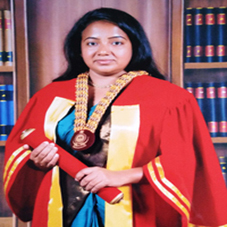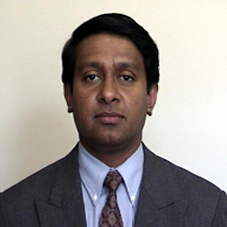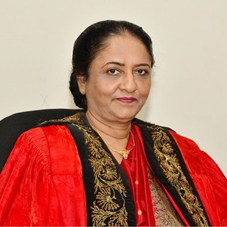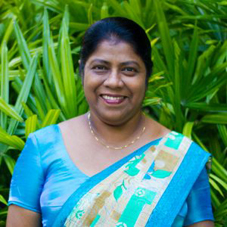How Ayoma Plans to Destroy Fats, Oil and Grease

|
Fat is not something we want to be associated with, whether it is in the food that we eat, or in the waste that is produced when cooking. Big hotels that are part of international chains, international or local franchisees, the local boutique baker, or your favorite restaurant, all face the issue of having to get rid of fats, oil and grease (FOG) that are unwanted byproducts of cooking. | 
Prof. J.M.A. Manatunge |
|
While there are some enterprising methods such as selling or reusing FOG as animal feed, as a bio fuel and the like, the lack of these opportunities in Sri Lanka has made getting rid of FOG a tough challenge. To make matters worse, FOG is known for its slow biodegradable properties. The current method for disposal of FOG involves water-based treatment to form long chain fatty acids (LCFAs). These acids accumulate in the wastewater treatment systems that they are released into, disturbing its functioning. This prevents the adoption of the above disposal option in conventional wastewater treatment systems. |

Prof. N. Rathnayake |
|
|
As a consequence, in most food service industries, though they have wastewater treatment facilities, grease trap waste is disposed of with municipal solid waste without proper treatment. This leaves a rather ‘dirty’ foot print on the environment. Prof. Mrs. Niranjanie Rathnayake, one of Ayomi's supervisors, was instrumental in initiating this research as a result of her participation in "SWITCH-Asia Greening Sri Lanka Hotels" project (2009-2013). The project addressed the issues of high energy, water and resource consumption of the hospitality industry, and to improve environmental performance through "Green Concepts". 350 small and medium-scale hotels engaged in the project were concerned about their inability to properly treat the FOG collected in their grease traps. |

Dr. C. M. Nanayakkara |
|
|
In order to find a more environmentally friendly solution for this problem, Ayomi Witharana, took a novel approach, to treat FOG in its solid-state. Very simply speaking, Ayomi identified that lipolytic fungi (fungi that is able to breakdown lipids) could literally have FOG for lunch. She was guided by a panel of supervisors including Prof. Mrs. Niranjanie Ratnayake and Prof. Jagath Manatunge from the University of Moratuwa, and Dr. Chandrika Nanayakkara from the University of Colombo. Ayomi first desiccated waste collected from grease traps in restaurants, and placed it with a mixture of lypolityic fungi and coir inside a reactor to experiment with this new approach. Through her research, Ayomi identified the best fungal species to work together and operational conditions such as moisture, temperature and pH value that give best decomposes FOG. She also found that the residue from the reactor can be used as a medium for growing the next batch of fungi that would go on to degrade more FOG. As the laboratory-scale prototype has shown promising results, the team is currently working on making this process scalable, an essential step for the outcomes of this research to benefit society. Ayomi Witharana is a past student of St. Joseph’s Girl’s School, Kegalle, her hometown. She completed her first degree from the Department of Forestry and Environmental Science, Faculty of Applied Sciences of the University of Sri Jayewardenepura. She has two Masters degrees by research, one at the University of Moratuwa, and one at the IHE Delft Institute for Water Education in the Netherlands, She is the first person to be awarded a PhD from the Environmental Engineering division of the department of Civil Engineering at the University of Moratuwa. At present she is serving as an Environmental Consultant, and plans on an academic career in future. Supervisors Profs. Ratnayake and Manatunge are ardent environmentalists in addition to being Civil Engineers. Prof. Manatunga's expertise in aquatic environments and the microbiological expertise of Dr. Nanayakkara combined synergistically to guide Ayomi towards innovating a sustainable solution to a global problem. This research, which exemplifies multidisciplinary, inter-university research collaboration, was funded mainly by grants from the Senate Research Committee(SRC) of the University of Moratuwa and the National Research Council (NRC) of Sri Lanka. Ayomi received a sponsorship from TERI University, New Delhi in collaboration with the United Nations Environment Programme (UNEP) to present a paper at the Young Researcher South Asia Symposium on Sustainable Development Goals in October, 2016. She has authored a book chapter on her findings. |
||

